EpCAM-Targeting ADC CX-2051 Shows Promising Efficacy in Advanced Colorectal Cancer
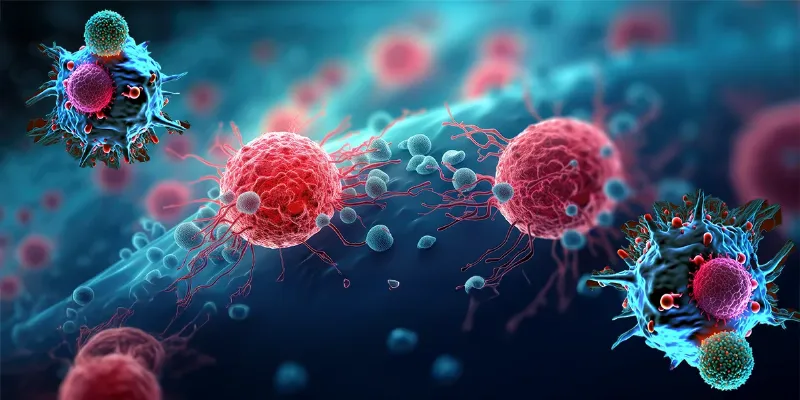
CytomX's CX-2051, a PROBODY® EpCAM-targeted antibody-drug conjugate (ADC), showed a 28% confirmed response rate and 5.8-month median PFS in heavily pre-treated metastatic colorectal cancer patients, with 43% response at the 10 mg/kg dose. The Phase 1 trial reported no dose-limiting toxicities, supporting further development.
For decades, epithelial cell adhesion molecule (EpCAM) has been one of oncology’s more frustrating paradoxes—widely expressed in epithelial tumors and strongly associated with cancer progression, yet notoriously “undruggable” due to its presence on healthy tissue. But that narrative may be changing.
CytomX Therapeutics has announced positive interim data from its Phase 1 dose escalation study of CX-2051, an investigational EpCAM-targeted antibody-drug conjugate (ADC) for treatment of late-line colorectal cancer (CRC) patients. The early results point to meaningful clinical activity in a heavily pre-treated population—without the toxicity pitfalls that have historically plagued efforts to target EpCAM.
“EpCAM is a high potential and broadly expressed cancer target that has been challenging to drug historically due to expression on normal tissues. We believe we have broken important new ground with our data announced today, which show potential for markedly improved outcomes for CRC patients,” said Sean McCarthy, CEO of CytomX, in a statement. “CX-2051 is showing impressive, durable anti-tumor activity in late line metastatic CRC, an area of high unmet need and a very difficult tumor to treat.”
A Promising Response
By contrast, CX-2051 demonstrated a 28% confirmed overall response rate among 18 efficacy-evaluable patients treated at the three highest dose levels—7.2, 8.6, and 10 mg/kg administered every three weeks. Strikingly, at the highest dose (10 mg/kg), 43% of patients (3 of 7) achieved confirmed partial responses. The disease control rate—which includes patients with stable disease—was an impressive 94%, and median progression-free survival (PFS) reached 5.8 months, with over half the patients still on therapy at the time of the data cutoff.
Importantly, these patients were not selected for EpCAM expression, suggesting the drug’s activity is not restricted to a biomarker-enriched subgroup. All participants had metastatic CRC, had received a median of four prior lines of therapy, and most harbored KRAS mutations and liver metastases—both associated with poorer prognosis.
Breaking the Toxicity Barrier
The challenge with targeting EpCAM has always been its expression on healthy epithelial tissues. Directly hitting the antigen can damage normal cells and cause severe toxicity. CytomX is trying to solve this with its proprietary PROBODY® technology, which essentially masks the antibody’s activity until it encounters the tumor microenvironment.
That strategy appears to be working. No dose-limiting toxicities were observed in any of the 25 patients evaluated for safety. Most treatment-related adverse events (TRAEs) were Grade 1 or 2, and the most common Grade 3 TRAEs included diarrhea, anemia, and neutrophil count decreases. Notably, there were no cases of febrile neutropenia, interstitial lung disease, or pancreatitis—serious toxicities that have derailed other ADC programs.
“Importantly, we believe these results validate EpCAM as an oncology target and unlock a broad development opportunity for CX-2051 in CRC and potentially many other cancer types where EpCAM is expressed. We are excited to rapidly advance CX-2051 for the benefit of CRC patients and to explore the full potential of this novel ADC,” said McCarthy. “We’re seeing durable responses with manageable adverse events, even at the highest doses. This is a real validation of our platform.”
What's Next for CX-2051?
The ongoing Phase 1 study (CTMX-2051-101) has now expanded enrollment at the 7.2, 8.6, and 10 mg/kg dose levels. CytomX plans to enroll up to 20 patients at each dose to refine its Phase 2 strategy, which is expected to launch in the first half of 2026.
CX-2051, which uses a topoisomerase-1 inhibitor payload, was co-developed with ImmunoGen (now part of AbbVie). If the clinical benefit continues to hold up, the implications go beyond colorectal cancer. EpCAM is overexpressed in a range of epithelial tumors, including breast, prostate, and ovarian cancers. By unlocking this previously inaccessible target, CytomX could redefine ADC development for multiple solid tumors.





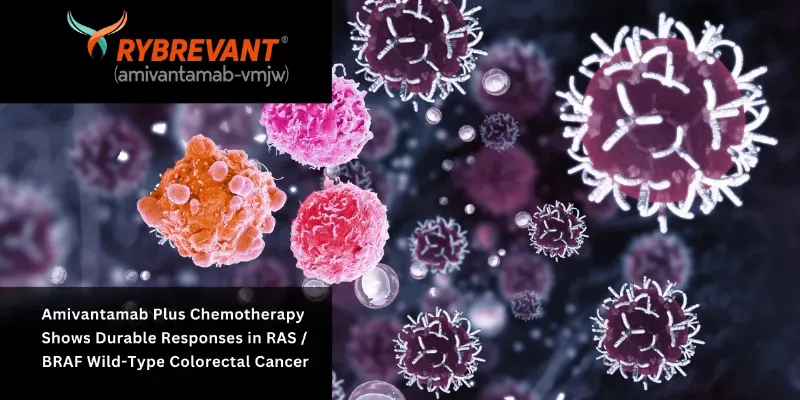
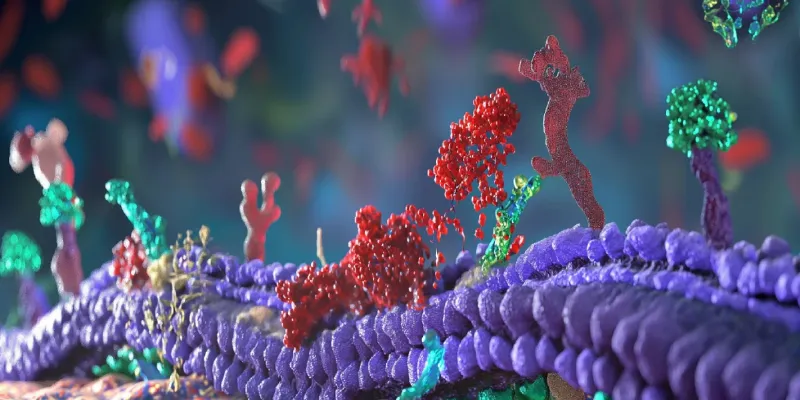
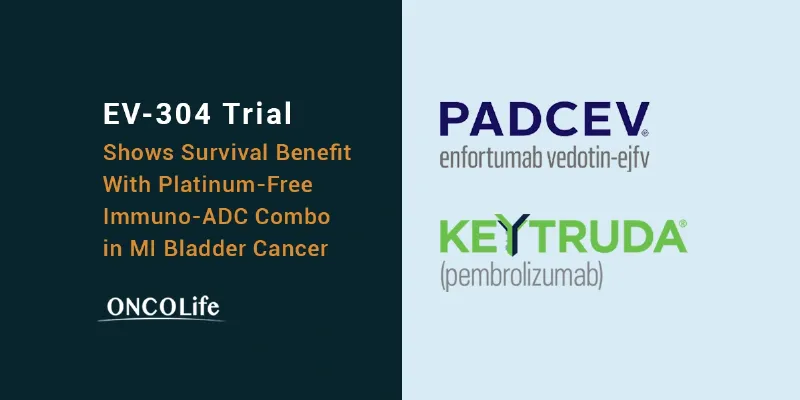
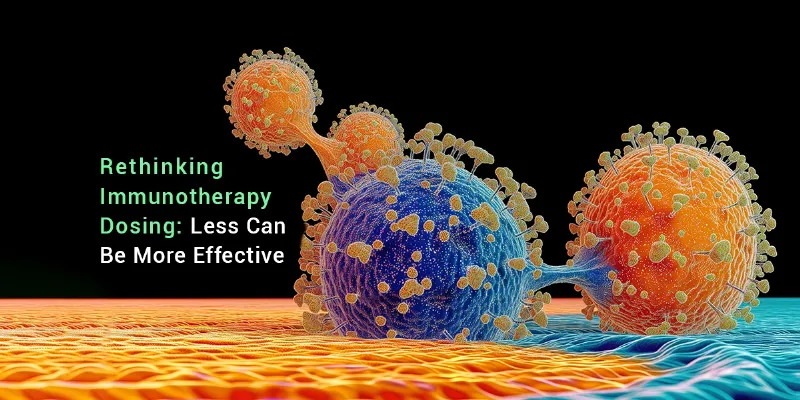
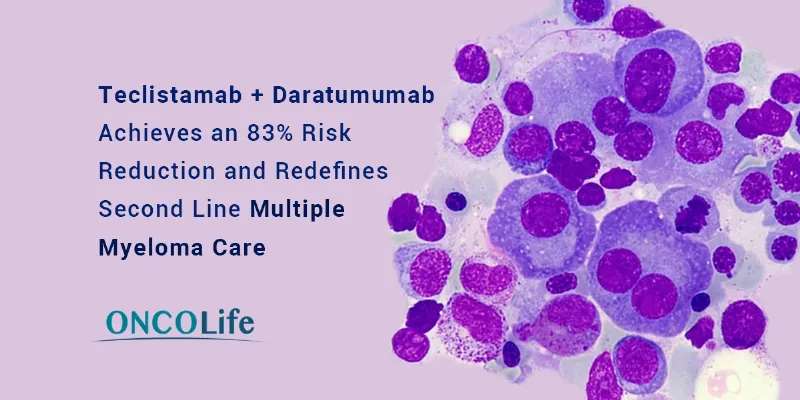
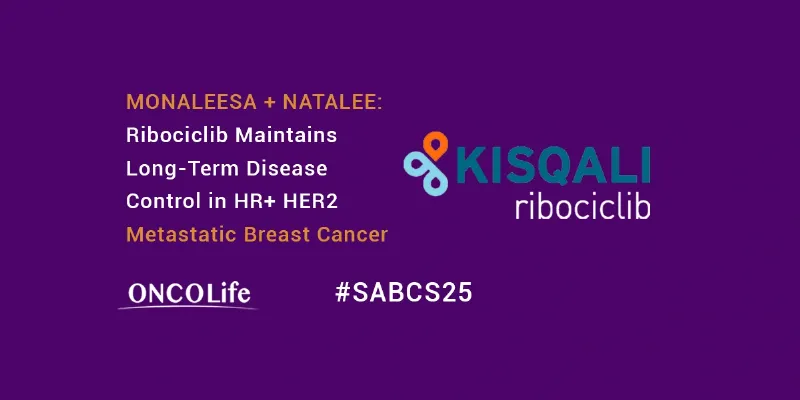
Comments
No Comments Yet!